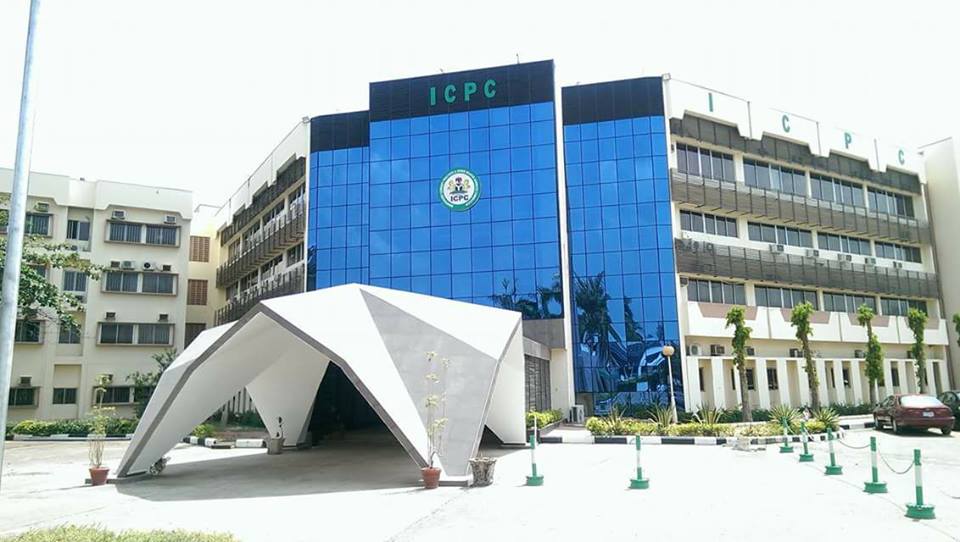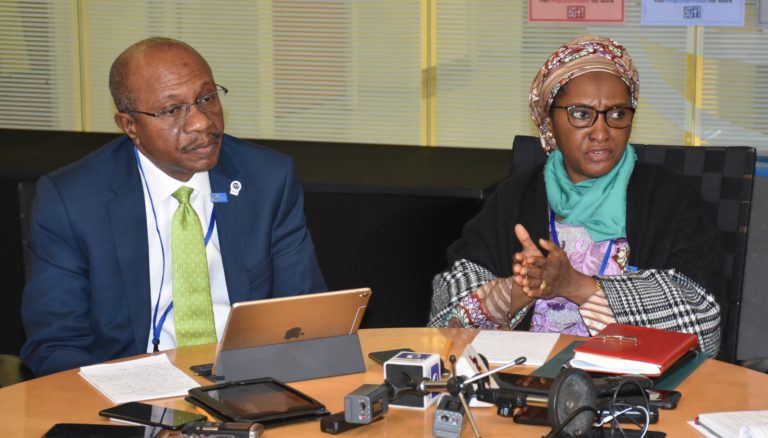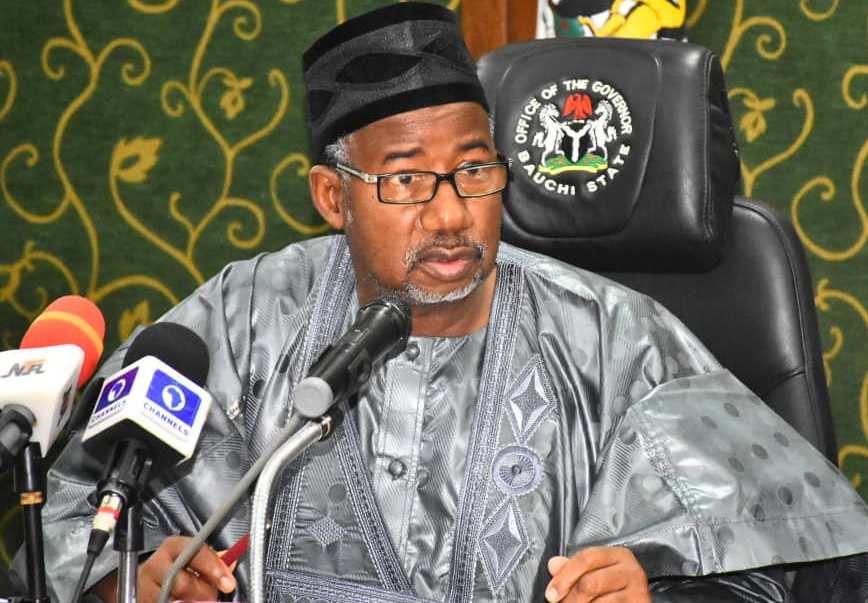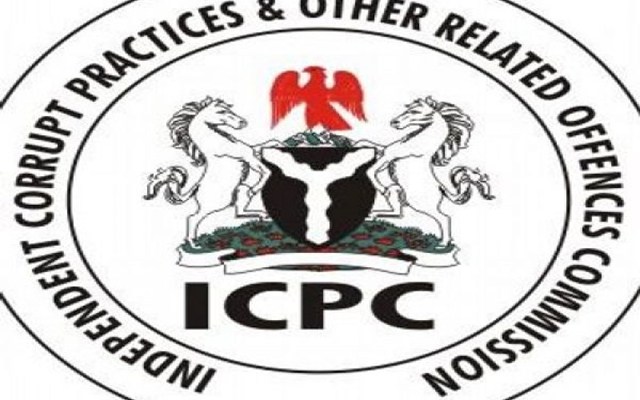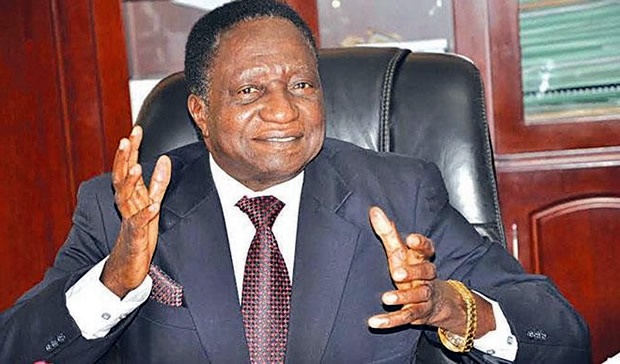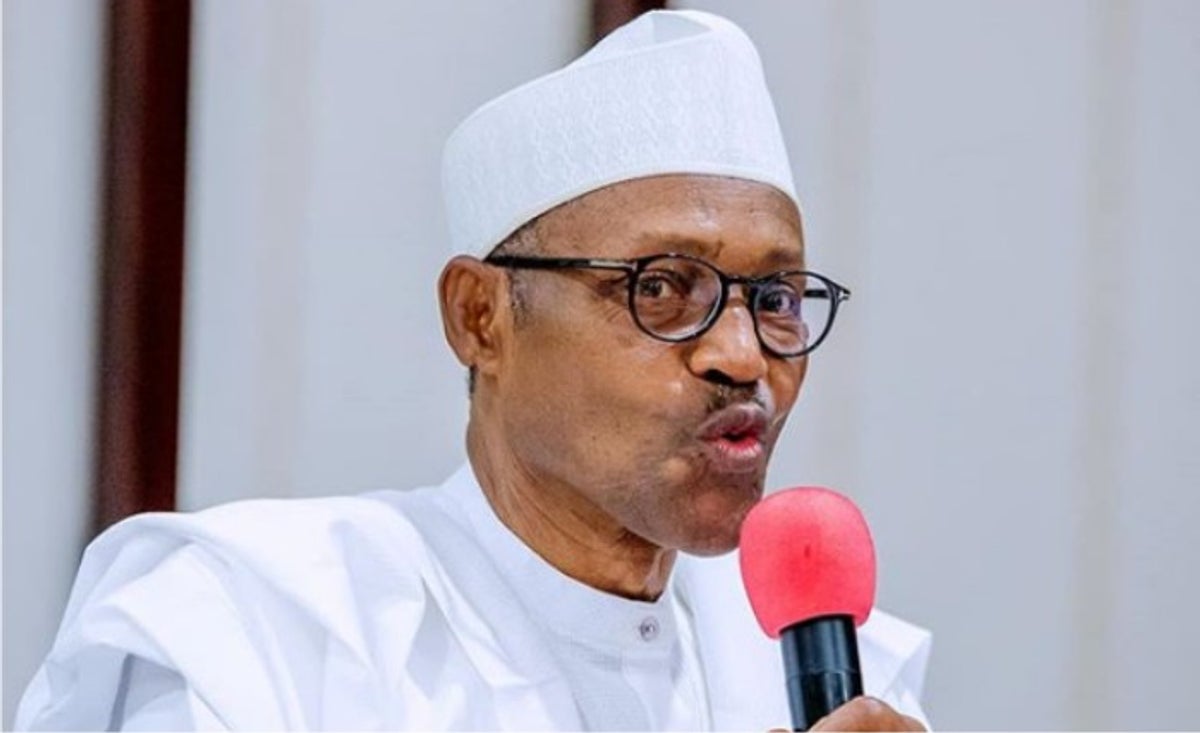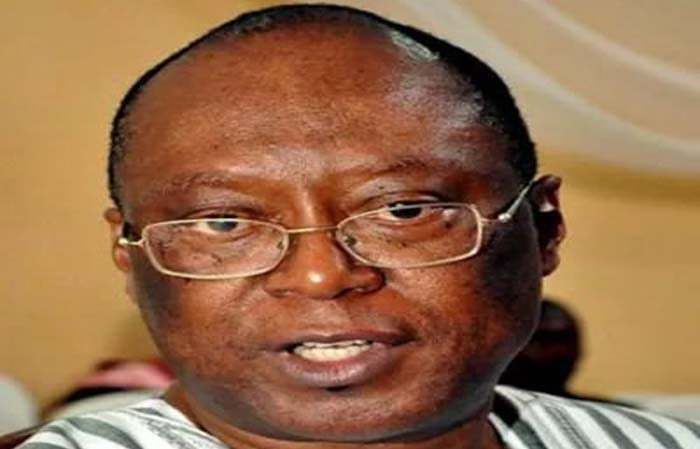Socio-Economic Rights and Accountability Project (SERAP) has sent an open letter to President Muhammadu Buhari urging him to use his leadership position to “urgently instruct the Economic and Financial Crimes Commission (EFCC) and Independent Corrupt Practices and Other Related Offences Commission (ICPC) to jointly track and monitor spending by federal agencies and state governors to combat coronavirus or COVID19 pandemic in Nigeria.”
SERAP said this “would remove the risks of corruption and mismanagement in our healthcare systems that are already weakened by systemic corruption.”
In the letter dated 20 March, 2020 and signed by SERAP deputy director Kolawole Oluwadare, the organization said: “Coronavirus crisis requires quick responses but it also requires corruption safeguards to ensure public funds are well spent, and promote access to basic public health and other services to those most in need.”
SERAP said: “By prioritising transparency and accountability in the spending of funds to combat coronavirus, your government will be taking preventive measures to ensure that the efforts to reduce the spread of the pandemic and promote the health and safety of Nigerians are not compromised by corruption.”
SERAP expressed “concern that systemic corruption in the health sector across the country would hurt the federal and state authorities’ responses to the coronavirus crisis.”
The letter, read in part: “The challenges posed by the coronavirus pandemic also show the urgent need for your government to improve Nigeria’s health systems and to encourage state governors to commit some parts of their security votes to provide additional resources towards strengthening the health systems within their states.”
“Your government ought to move swiftly to increase spending on efforts to combat coronavirus in the country and provide funding support to Nigerians that are most affected by the crisis, by presenting COVID-19 budget/spending plan to the National Assembly and setting up a COVID-19 trust fund to which wealthy individuals and others should be encouraged to contribute.”
“The proposed increase in spending of funds on COVID-19 means accountability for those funds should be top of your government’s list of priorities, if it is to remove opportunities for corruption that can undermine initiatives to stop the spread of COVID-19.”
“The EFCC and ICPC should ensure that anyone found to have mismanaged or stolen public funds meant for addressing the coronavirus pandemic are effectively prosecuted and punished.”
“We also urge you to take urgent measures to ensure that health sector services in federal institutions and agencies are strengthened and that the appropriate corruption risk assessments are implemented and monitored.”
“The lessons from the Ebola crisis is that even in times of public emergencies, there are those who aim to profit from others most affected by the crisis. Monitoring the spending on coronavirus would help to apply the lessons of the Ebola crisis and prevent corruption, which characterised the efforts to combat it in some countries including in Sierra Leone and Liberia, where patients reportedly paid bribes to access health services.”
“Corruption in the spending of funds to combat coronavirus will undermine public trust in any efforts by your government to bring the spread of the pandemic under control, and deny access to basic public health services to Nigerians who need the services most.”
“Monitoring the spending of public funds budgeted to combat coronavirus would also ensure respect for human rights and contribute to ensuring that Nigerians who cannot afford to pay bribes are not denied access to testing and treatment, and that high-ranking officials and wealthy individuals subject to quarantines are not abusing the systems.”
“We will continue to closely monitor the situation and where appropriate invoke the Freedom of Information Act and take legal action to ensure transparency and accountability, and full respect for Nigerians’ human rights.”
“The right to health provides that health facilities, goods, and services should be: available in sufficient quantity, accessible to everyone without discrimination, and affordable for all, especially the most vulnerable and marginalized groups.”
“These obligations mean that your government should ensure that accurate and up-to-date information about the number of identified cases and spread of coronavirus in the country, access to services, service disruptions, and other aspects of the response to the outbreak is widely available and accessible to all.”
“The right to health also imposes obligations on your government to minimize the risk of occupational accidents and diseases including by ensuring health workers and others involved in the coronavirus response have information and adequate protective clothing and equipment they need.”
“This request is consistent with Nigeria’s international anti-corruption and human rights obligations including under the UN Convention against Corruption, the International Covenant on Economic, Social and Cultural Rights and the African Charter on Human and Peoples’ Rights. Nigeria has ratified these treaties.”
“Under the International Covenant on Economic, Social and Cultural Rights, everyone has the right to the highest attainable standard of physical and mental health. Your government is obligated to take effective steps for the prevention, treatment and control of epidemic, endemic, occupational and other diseases.”
“As the UN Committee on Economic, Social and Cultural Rights, which monitors state compliance with the covenant, has stated, the right to health is closely related to and dependent upon the realization of other human rights, including the rights to food, education, human dignity, life, non-discrimination, equality, and access to information.”
“We hope that the aspects highlighted will help guide your actions in acting to ensure the effectiveness of any efforts to combat the coronavirus crisis in Nigeria. We would be happy to discuss any of these issues in more detail with you.”
